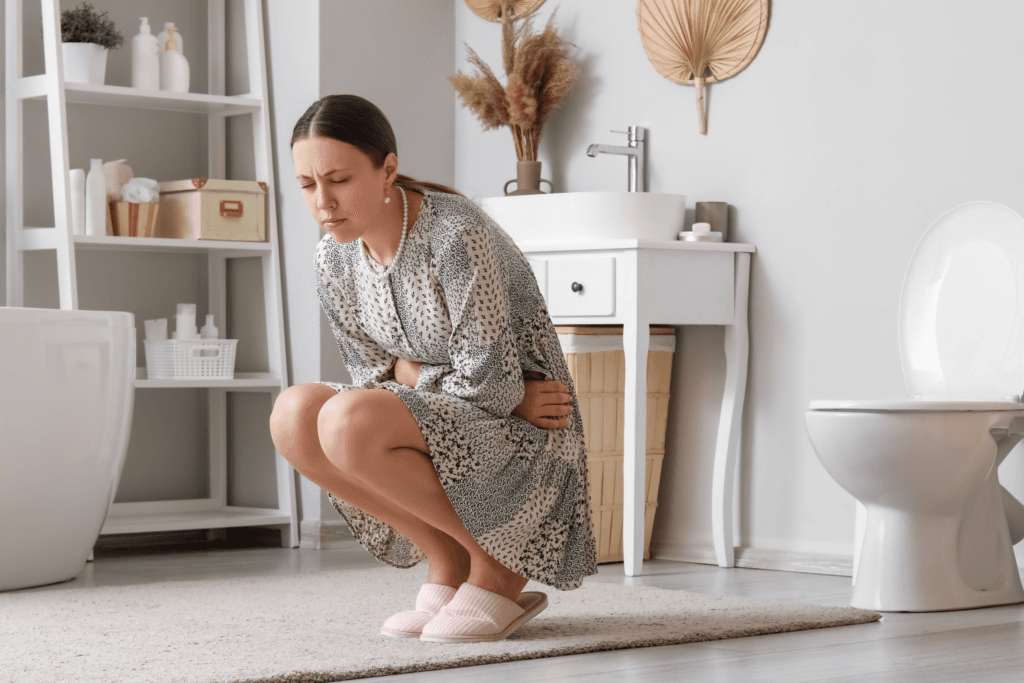Pain When Passing Urine (Dysuria)
Experiencing pain or discomfort while passing urine, also known as dysuria, is a common symptom that can indicate various underlying health conditions. Dysuria can occur in both men and women and may range from a mild discomfort to a sharp, burning sensation. The causes of dysuria can vary, but it is essential to identify the underlying issue to prevent any potential complications.

Home – Sexual Health – Other Sexual Health Services – Pain when passing urine (Dysuria)
consultation Cost
- Telephone Focused GP appointment (15min) £40
- Video Focused GP appointment (30min) £50
What are the steps?
1. Book an appointment
2. Comprehensive consultation and tests
3. Guidance

What causes pain when passing urine?
Several factors and health conditions can lead to dysuria. Common causes include:
- Urinary tract infections (UTIs): UTIs are one of the most common causes of painful urination, particularly in women. These infections occur when bacteria enter the urinary tract, causing inflammation and irritation.
- Sexually transmitted infections (STIs): Some STIs, such as chlamydia, gonorrhoea, and genital herpes, can cause pain during urination. STIs often present other symptoms alongside dysuria.
- Bladder or kidney stones: Stones in the urinary tract can cause pain and blockages, leading to painful urination, along with other symptoms like abdominal pain or blood in the urine.
- Vaginal or penile infections: Yeast infections, bacterial vaginosis, or prostatitis in men can cause inflammation in the genital region, leading to discomfort when urinating.
- Irritation or trauma: Irritation caused by using harsh soaps, vaginal deodorants, or due to sexual activity can also lead to dysuria. Additionally, trauma or injury to the genital area can result in pain during urination.
Symptoms associated with dysuria
In addition to the pain when passing urine, individuals with dysuria may experience:
- A frequent urge to urinate
- Cloudy or strong-smelling urine
- Blood in the urine (hematuria)
- Abdominal or pelvic pain
- Pain during sexual intercourse
If you experience any of these symptoms along with dysuria, it’s crucial to seek medical evaluation to rule out serious conditions.
Diagnosis and testing
When you visit OneMedicine for an evaluation of your symptoms, our approach includes:
- Medical history review: We will ask about your symptoms, recent sexual activity, and any underlying health conditions to assess potential causes.
- Urine tests: A urine sample will be tested to check for signs of infection, blood, or other abnormalities.
- STI screening: If we suspect a sexually transmitted infection, we may recommend additional screening for common STIs.
- Further imaging or scans: In cases where stones or other structural issues are suspected, ultrasound or other imaging tests may be suggested.
Treatment for painful urination
Treatment depends on the underlying cause of your dysuria:
– Antibiotics: If a UTI or STI is diagnosed, antibiotics will be prescribed to clear the infection.
– Medications for bladder or kidney stones: In cases of stones, medications to help dissolve or pass the stones may be recommended.
– Topical treatments: For yeast infections or other irritations, antifungal or antibacterial creams may be prescribed.
– Lifestyle adjustments: If irritation is due to products or habits, we will guide you on how to adjust your hygiene routine to prevent further issues.
• Drinking plenty of water to stay hydrated
• Practicing safe sex by using condoms
• Urinating after sexual activity to flush out bacteria
• Avoiding irritants like harsh soaps, douches, or scented products in the genital area
• Wiping from front to back after using the bathroom to prevent infections
Yes, even mild discomfort during urination can indicate an underlying issue. It’s important to get evaluated to prevent complications.
Yes, dehydration can concentrate urine and lead to irritation of the bladder or urethra, causing discomfort during urination. Staying well-hydrated is crucial.
Book your test now!
If you’re experiencing pain when passing urine or any other concerning symptoms, don’t wait to seek help. At OneMedicine, we offer thorough assessments and personalised treatments to relieve your symptoms and address the root cause. Contact us today to schedule your consultation and take control of your urinary health.













